
OR
Forest Minister Mahato courts controversy for his business venture plans in protected areas
Published On: September 20, 2023 07:00 PM NPT By: Bhuwan Sharma
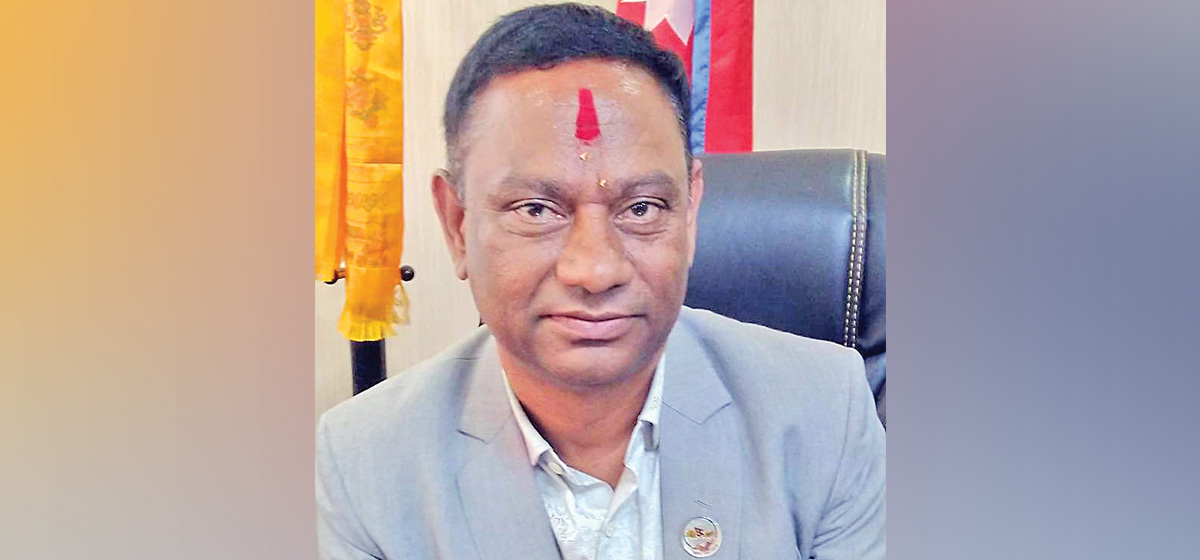
KATHMANDU, Sept 20: Minister for Forests and Environment Birendra Mahato has drawn widespread criticism for his controversial proposals such as advocating for tiger hunting and promoting commercial activities like hotels, lodges, cable cars, and paragliding within the national park areas.
While the primary responsibility of the forest minister should be the preservation of biodiversity of forests and wildlife, Minister Mahato has shifted his focus toward promoting business ventures and industries within the national parks.
These actions have drawn criticism from conservationists who argue that his words and proposals do not align with environmental and nature-friendly practices. Organizations dedicated to conservation have also expressed their displeasure with the minister's recent activities.
Recently, Minister Mahato issued directives to amend the National Park and Wildlife Protection Regulations with the intention of allowing the construction of tourist infrastructure, including hotels, lodges, cable cars, hydropower facilities, resorts, and paragliding facilities, within the national parks.
This move reflects the approach of former Forest Minister Prem Ale, who attempted to amend the national park regulations in 2077 BS to allow private-sector ventures in national parks. Minister Mahato is now pursuing a similar course. The Ministry of Forest and Environment has justified these amendments by referring to a Supreme Court decision in 2078 BS.
Notably, Minister Mahato courted controversy when he suggested using tigers for foreign relations and proposed allowing tiger hunting. His statements were met with widespread criticism. As a result, the plan could not materialize.
In 2078 BS, the government under the leadership of KP Sharma Oli amended the Physical Infrastructure Construction and Operation Strategy 2065 to allow companies to establish hydropower projects within the protected areas of Langtang National Park. This decision was challenged in the Supreme Court (SC) and the apex court ruled against the amendment. Subsequently, the government's decision could not be implemented.
Following this petition, the SC issued an order to the government to formulate regulations or guidelines concerning the construction and operation of physical infrastructure. In response, the Ministry of Forest and Environment is now planning to amend national park regulations.
Forest Secretary Deepak Kumar Kharal clarified that discussions are ongoing to develop a procedure in accordance with the SC’s order. “The SC has directed the government to develop a work procedure or guidelines, and discussions are underway regarding the implementation of the court's order,” Kharal stated.
Despite the SC call for the formulation of a work procedure, the ministry is preparing to amend the regulations to allow the private sector to establish hotels within the national parks.
According to sources, the Ministry of Forests and Environment has prepared a draft of the work procedure to manage tourist services in protected areas based on the National Parks and Wildlife Protection Act 2029 and the National Parks and Wildlife Conservation Rules 2030, which have garnered special interest from Minister Mahato.
The amendment to the National Parks and Wildlife Protection Act 2029 in 2073 BS allows the Government of Nepal to arrange hotels, lodges, public transport, and similar service facilities within national parks, reservations, and protected areas.
Currently, there are 20 protected areas across the country, including 12 national parks, one wildlife reservation area, one hunting reserve, and six conservation areas. If the park regulations are amended, the private sector will get the opportunity to offer tourist and adventure tourism services in all 20 protected areas. This includes trekking services, cable cars, ropeways, campsites, paragliding, rafting, bungee jumping, hunting, and climbing.
In 2068 BS, the government imposed a ban on tourist services within protected areas to ensure the protection of biological diversity. This decision led to the prohibition of hotel operations within the Chitwan National Park.
You May Like This

Tiger count commences at Shuklaphanta national park
KANCHANPUR, Feb 5: Counting of Royal Bengal tiger has started at Shuklaphanta National Park here from Sunday. ... Read More...

Tiger population increases in Parsa National park
CHITWAN, August 23: A recent study has shown a significant increase in the number of Bengal tigers in Parsa National Park... Read More...

Global Tiger Day: Tiger population on upward spiral
CHITWAN, July 29: The tiger population in Chitwan National Park (CNP) is gradually increasing, bringing Nepal's international pledge for such... Read More...






Just In
- Police report one death in Bhojpur jeep accident
- Nepal faces Bangladesh Red in int'l U-19 Volleyball Championship final
- Nepal Investment Summit: Two organizations sign MoU for PPP cooperation
- Sita Air flight to Ramechhap returns to Kathmandu due to hydraulics issue
- Man found dead in Dhanusha
- Gold prices decreases by Rs 400 per tola
- Ilam-2 by-election: UML candidate Nembang secures over 11,000 votes
- High-voltage power supply causes damage to 60 houses



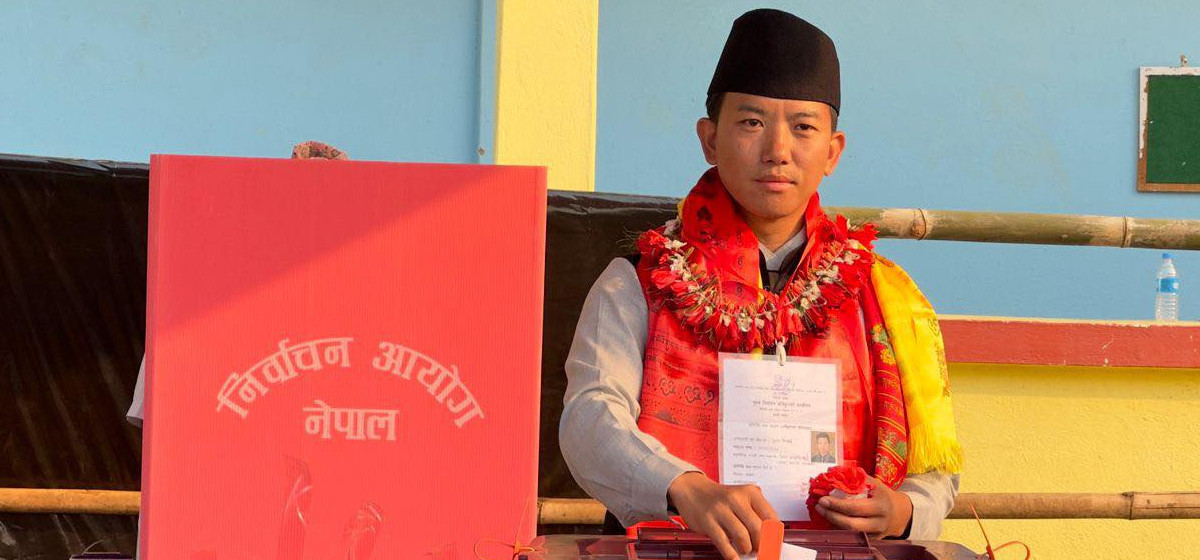

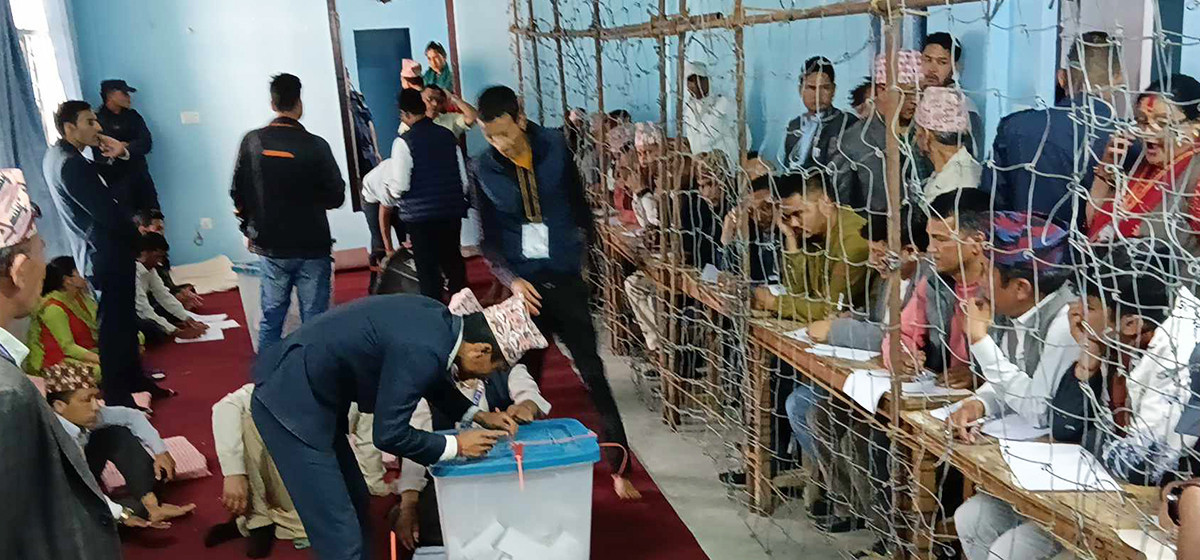



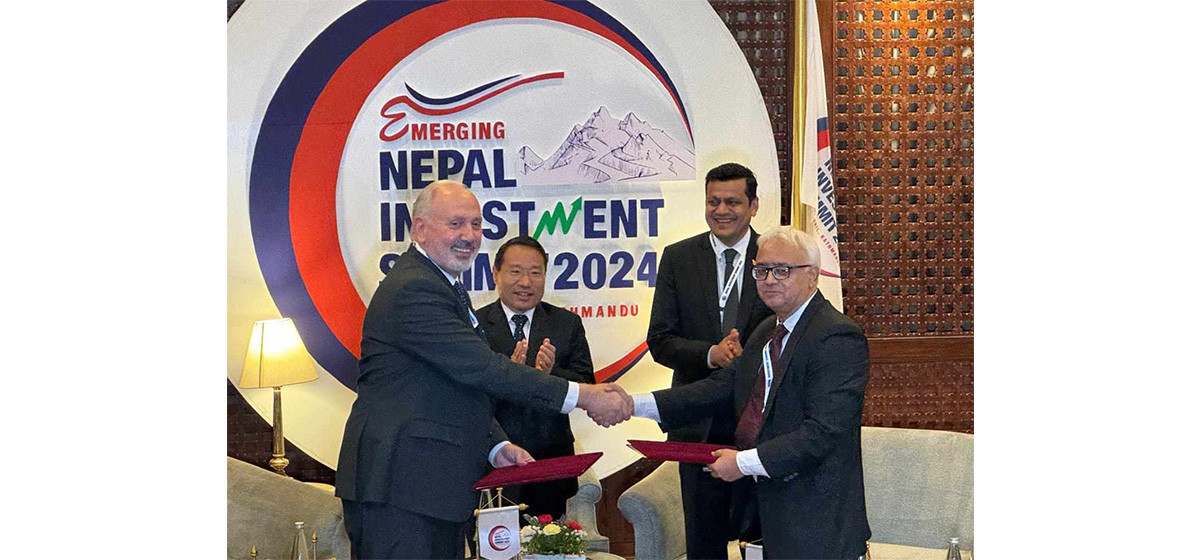
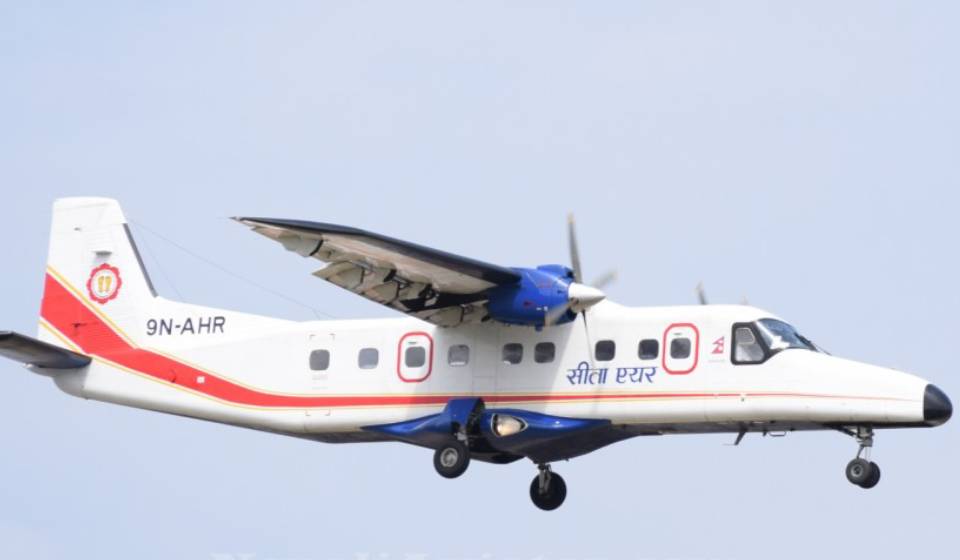
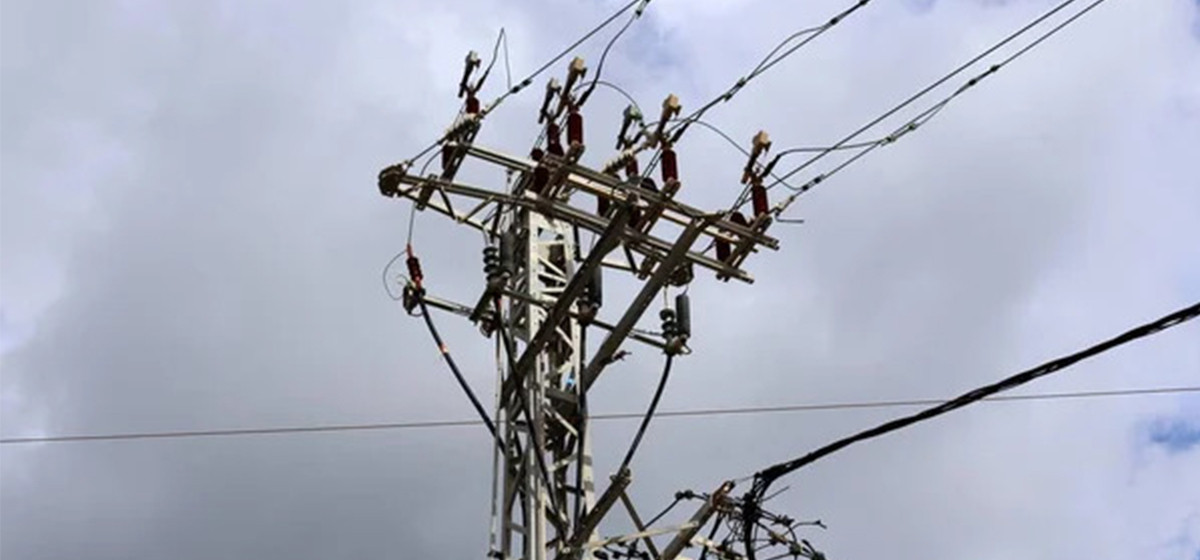
Leave A Comment